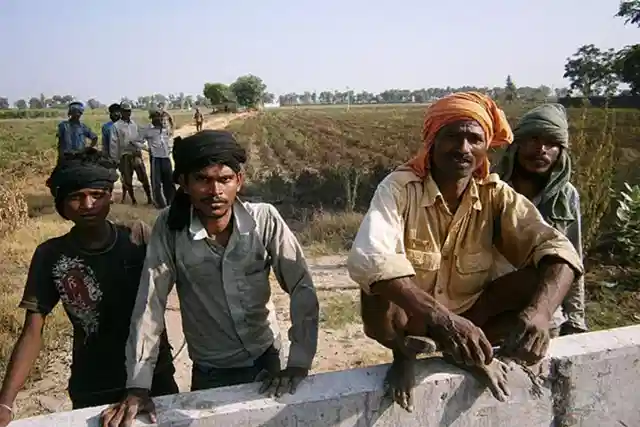Hoshiarpur, September 19: A recent crime allegedly involving a migrant labourer has set off a chain reaction across parts of Punjab, with several village panchayats moving resolutions that call for undocumented migrants to leave their areas. The development has triggered fresh debate about law, order, and Punjab’s dependence on migrant workers who form the backbone of its industry and agriculture.
According to reports, panchayats in districts such as Hoshiarpur, Ropar, Nawanshahr, Mohali, Bathinda, and Malerkotla have passed such resolutions in recent weeks. Local leaders argue that the step was necessary to ensure safety after the crime, though rights groups have warned against targeting entire communities for individual incidents.
The outrage traces back to the brutal killing of a five-year-old boy in Hoshiarpur on September 9, allegedly by a migrant worker from Uttar Pradesh. The child, who had gone out to play, was abducted, sexually assaulted, and murdered, according to the police. The post-mortem confirmed multiple injuries, sparking grief and fury across villages. Images of the grieving family spread quickly on social media, intensifying public anger and prompting a wave of panchayat resolutions demanding undocumented migrants leave villages across Hoshiarpur, Bathinda, Barnala, and other districts.
Industry and Power Minister Sanjeev Arora stepped in, calling for restraint and extending support to the migrant workforce. “While all violent incidents are deplorable and will be dealt with firmly under the law, one isolated incident cannot be allowed to create fear or disrupt harmony,” he said. “Ours is a democratic and secular country where everyone has equal rights. There should be no discrimination against migrant labourers.”
Arora also assured industrialists that there would be no shortage of labour in the state, underlining that migrants are integral to Punjab’s economic strength.
The panchayat resolutions have divided public opinion. Some residents back the measures, saying unchecked migration has created social and law-and-order challenges. Others, including farmer and labour organisations, argue that scapegoating migrants will only deepen divisions.
The Kirti Kisan Union said migrants were indispensable to Punjab’s economy and warned against letting “a few incidents be used to spread fear.” Similarly, the Punjab Khet Mazdoor Union condemned the crime but stressed that “collective punishment is unjust and dangerous.”
Over 500 writers, artists, and intellectuals also issued a joint statement urging Punjabis to resist what they called “campaigns of hate” against migrant workers.
The state government, while promising swift police action in the crime case, has also signalled that protecting migrants is a priority. “Punjab has a proud tradition of inclusivity,” Arora noted. “It is our duty to uphold that.”
For now, Punjab stands at a crossroads: caught between local anxieties fuelled by crime and the recognition that its industries, farms, and households rely heavily on migrant labour.

